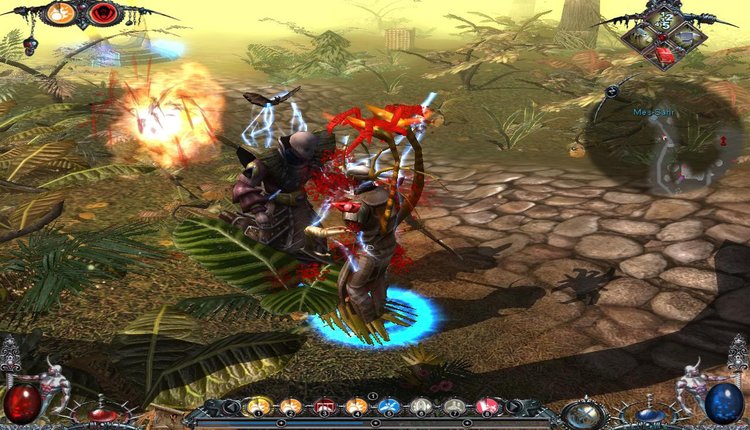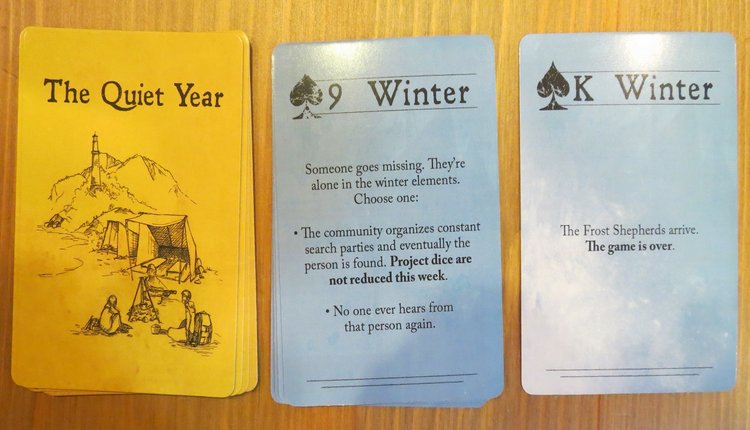Mind Games: How RPGs Can Benefit the Mind
For a while now, there has been a push toward gamification in the workplace and the classroom. What does this mean? It means that the rest of the world is waking up to what we already know: Role-playing games (RPGs), both tabletop and online, make your mind sharper.
In a TED Talk a few years ago, Jane McGonigal talked about how gaming can change the world, and even advocated that for a better future, we need to game more, not less. In her talk, she mentions several things that gamers learn that benefit them in the workplace and beyond. So as a gamer, how do role-playing games benefit your mind?
Critical Thinking and Problem Solving
This may have been repeated many times, but RPGs teach critical thinking and problem solving, but they teach it on a new level. Not only are you thinking through issues and finding solutions on your own, but you are often working with others to solve the problem as well. Forums contain tips and tricks from others who have solved similar problems in the game and shared them.
This is one of the many reasons RPGs are often used by educators as part of a wider curriculum designed to help teach critical thinking skills. In the classroom, children learn to think for themselves through play, making it not only more enjoyable but help them develop skills that stick with them.
When these games are internet based, children are learning other skills, and programs like 1:1 computers and iPads in schools and libraries offer opportunities that were previously unavailable.
However, in and out of school, developing critical thinking and problem-solving skills is a big part of gaming, and its adoption in the workplace and schools is just another validation of what those who are immersed in gaming culture already know.
Inspiring Creativity
If the solution for every problem in a game was straightforward, the game itself would be boring, the story would not be engaging, and gamers would not play. Think of games like Dawn of Magic 2 and disasters like Laxius Force (has anyone actually played that one?); RPGs that prove gamers are discerning about things like the writing, interface, and game balance.

The fortunate thing is that there are several tools on the internet for creating your own tabletop RPG and, if you are a decent coder, online games too. What was once done with pen and paper, and sometimes even construction paper cutouts, can be done on the internet and then self-published.
Much like the self-publishing book industry and the indie music movement, there is a lot of bad out there to go with the good. Like every author and musician knows, often you create something bad before you get to something good, and not every RPG effort needs to see the light of day and deserves to have others play it.
What is valuable is the creative effort that engages not only the analytical side of your brain but the creative side as well. RPGs do, and will continue to, inspire creativity in gamers, game creators, and developers.
World Building and Storytelling
One of the biggest complaints about some of the worst role-playing games of all time is the writing and the storytelling. Often when games are translated, they have plot holes or things that make no sense because the translation was poor, and in games that would otherwise be great, like A Farewell to Dragons, instead they offer a poor experience.
Other games though, like A Quiet Year, offer great writing along with a game that is adaptable to several different situations. Essentially the premise is that players work together as a community to build a settlement and overcome problems in the span of a single calendar year.
Other gamers have used this one to build worlds for other games and insert them as the place where they will play. It is a great exercise in worldbuilding, an essential skill in many creative writing endeavors.

The story itself is essential in RPGs, and we see this when reviewers cite an unbalanced game, one where the level of effort to pass challenges or kill enemies is disproportionate. But all of the elements of story are important. A reasonable plot, believable and likable characters, and problems that can be overcome, but not without effort, all work together to make a great story.
These skills are a part of nearly every tabletop and computer-based RPG. All of them help improve the function of your mind and teach skills that are just as applicable in the real world as they are in a game. Playing RPGs, writing and creating them, and even just being a part of a gaming community are all things that benefit your mind. It’s another great excuse to get together for a game night or two.

